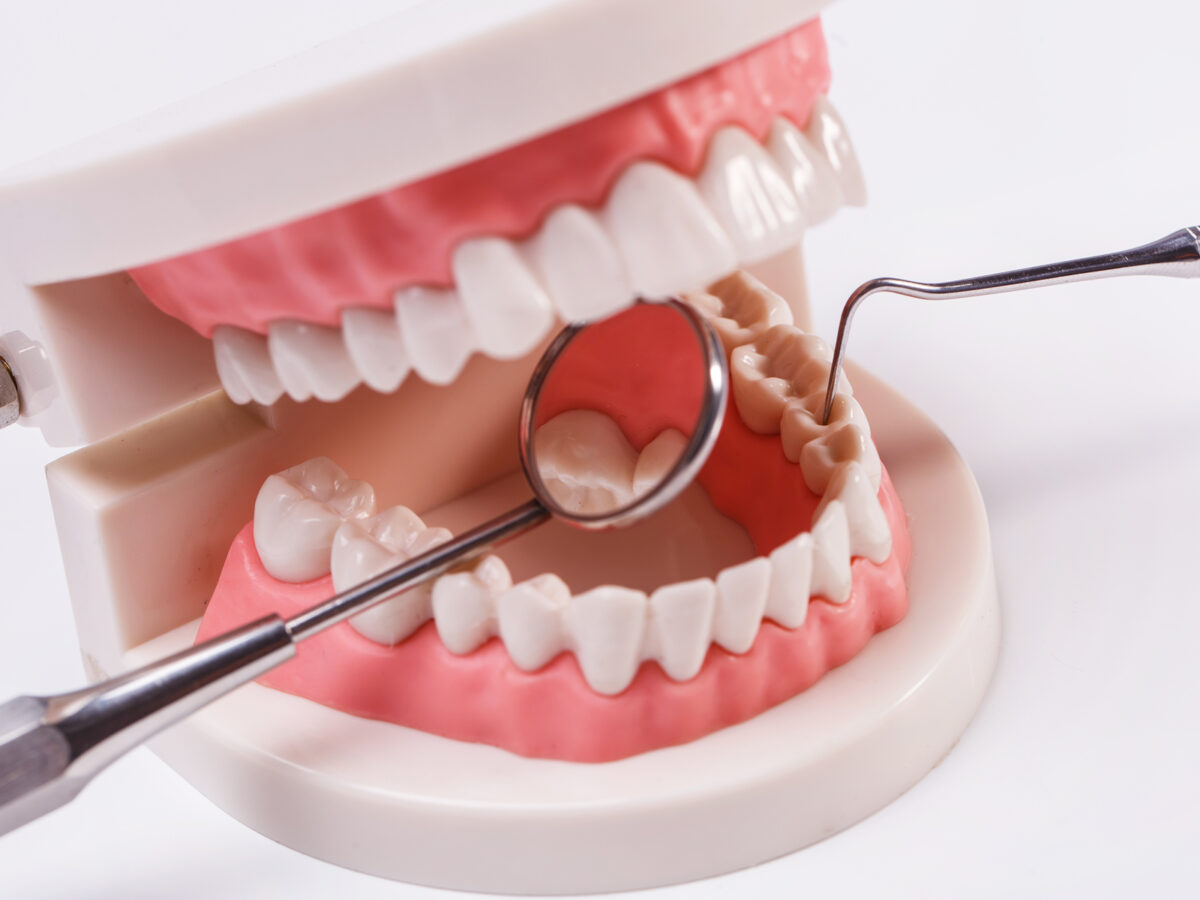There are a lot of people who don’t know what an impacted tooth is. Hearing about it for the first time can be a little confusing. An impacted tooth doesn’t usually cause pain or change your bite. Therefore you might not notice you have one.
If an orthodontist handled imperfect teeth, he or she could fit braces on the teeth and obtain proper alignment over time. However, in most cases, it is not that easy.
Impacted teeth are caused by several factors, and they can be treated in several different ways.
In this article, you’ll learn more about impacted teeth, why it’s necessary to take care of them, and how professional orthodontic care can help.
What is an impacted tooth?
There is still a lot of confusion regarding impacted teeth, and it is very important to have the correct information regarding them to be able to treat them. So, let us know about it in more detail.
During tooth impaction, the emergence of a tooth is inhibited by the presence of another bone, tooth, or soft tissue. The treatment of impacted teeth is important because, if left untreated, they can cause serious health problems in the future.
Teeth or bones block them, and they are pressed against the tissue as they erupt, leading to jaw pain. There are a number of problems associated with impacted canine teeth in particular.
An unfavorable eruption of canines can lead to an adult tooth falling out. In addition, it may cause mouth spaces to form, roots to be damaged, teeth to function improperly, and sinuses to be negatively affected.
What are the symptoms of an impacted tooth?
Once the symptoms of the impacted teeth are clear, orthodontists can also help cure the issue easily and quickly.
Here are some common symptoms that you should look for and take advice from a trusted orthodontist to treat the problem:
- Inflammation of the gums or pain
- Headaches that last a long time
- Inflammation of the gums and redness
- An inability to open the mouth or jaw
If you see any of the above-mentioned signs being persistent you must not wait to get it checked by a dentist.
In addition, different types of impacted teeth require different treatments. To give you more proper knowledge about the same let us see what those types are.
- Horizontal impaction: Impaction teeth grow at about a 90-degree angle from their neighboring teeth.
- Vertical impaction: A condition where a tooth is erupting correctly but is developing too close to the neighboring teeth, which stops the other teeth from growing properly.
- Angular impaction: This happens when the teeth grow at an angle, causing them to stop growing above the gum line.
How can orthodontics help in curing impacted teeth?
Well, there are various ways to cure an impacted tooth, and taking help from professional orthodontics is the way to go. Here are some ways in which a dentist can help you correct a misaligned tooth:
- Expanders– They are used to improve the eruption path of teeth by creating necessary space.
- Open forced eruption– The impacted tooth is uncovered by an oral surgeon using a flap and a bracket or button is placed on it.
- Closed Forced Eruption- This involves placing a button or braces on impacted teeth to close the flap just like open-forced eruption.
- Surgical Repositioning- This method is helpful for treating impacted teeth that have proven challenging to treat otherwise. The tooth is precisely positioned in a semi-erupted position so that it can grow into its correct position even if it is developing in the wrong direction.
- Extraction– This involves extracting the tooth. The removal of the teeth leaves a space that can be filled with a dental implant or closed by orthodontics.
Even after all these methods, the orthodontic response to an impacted tooth is based on your age, the direction, and the angle of the teeth.
The dentist will see all the possibilities of bringing the misaligned tooth to the arch successfully before starting any treatment.


